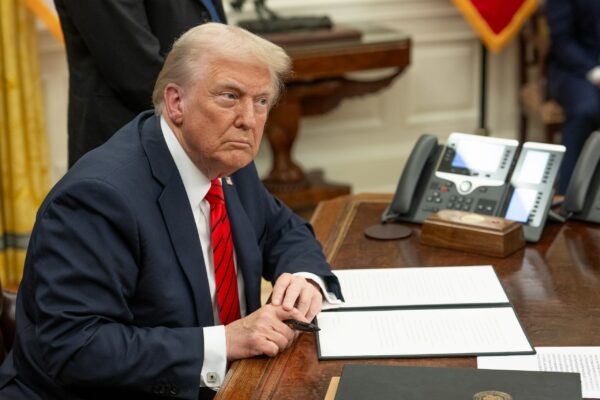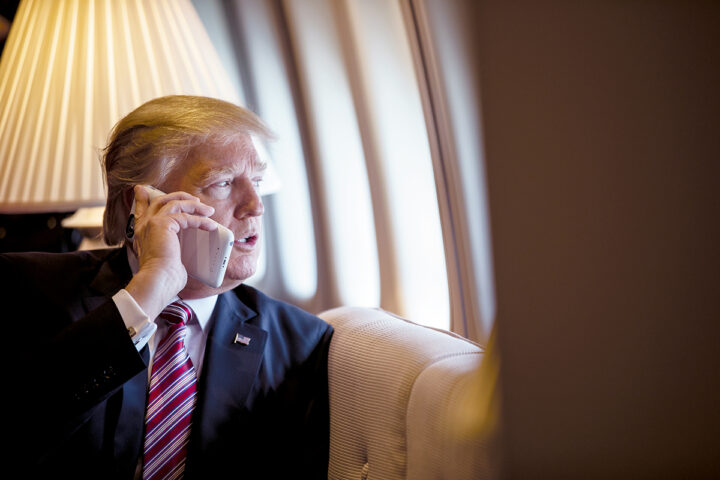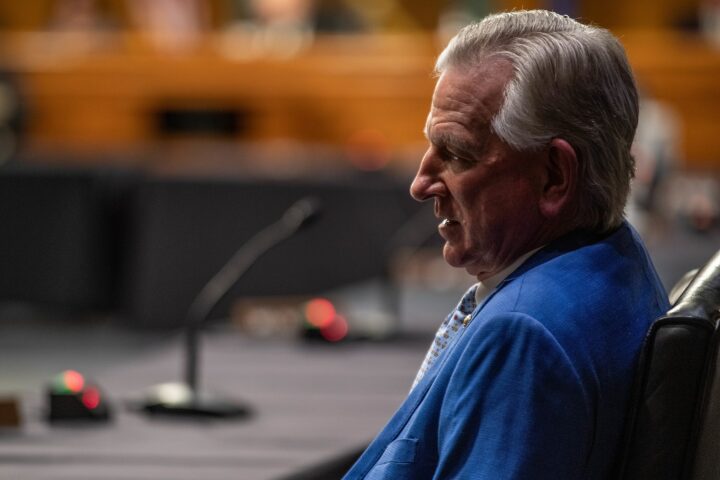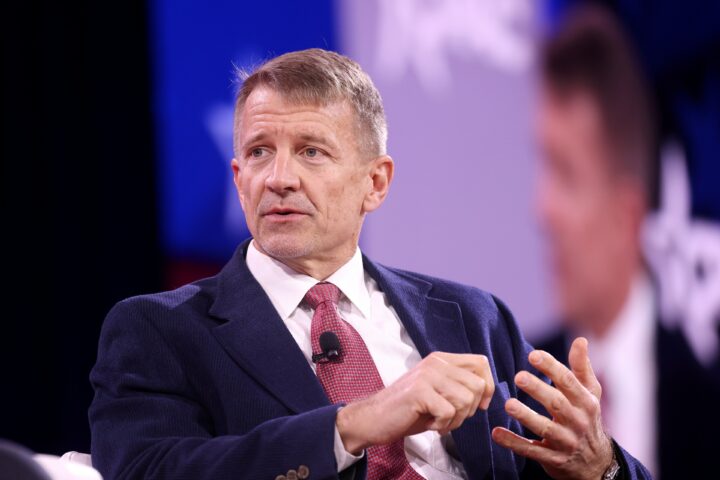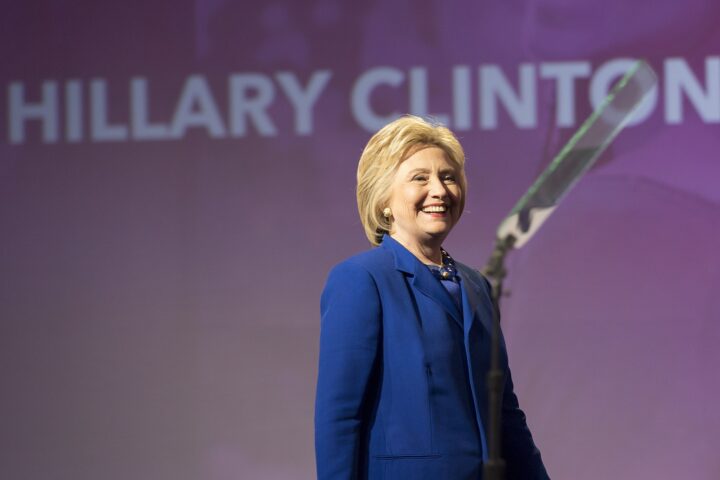In the aftermath of the U.S. military’s bombing of Iranian nuclear facilities, President Donald Trump reportedly took to social media to express his concerns about potential surges in oil prices.
On Sunday, he issued a series of emphatic posts on Truth Social, directly addressing both the energy sector and the broader American public.
“EVERYONE, KEEP OIL PRICES DOWN. I’M WATCHING!” Trump declared in all capital letters, emphasizing his vigilance regarding market fluctuations that could arise from Iran’s anticipated retaliation.
His comments reflect apprehension within the investment community that rising oil prices could follow the military actions, impacting both consumers and the economy.
Despite Trump’s warnings, early reports indicated that crude oil prices remained relatively stable in the hours following the strikes.
Brent crude, the international benchmark, briefly spiked above $81 a barrel before settling around $77.50, while West Texas Intermediate (WTI) rose to just over $74 a barrel.
These moderate increases suggest that the market had not reacted as dramatically as some analysts had feared.
In a follow-up message, Trump urged the Department of Energy to increase domestic oil production, stating, “DRILL, BABY, DRILL!!! And I mean NOW!!!” This call for heightened production is indicative of his administration’s ongoing emphasis on energy independence and its strategic implications in the context of international conflicts.
The military action against Iran has reignited discussions about U.S. foreign policy in the Middle East and its ramifications for global oil markets.
Analysts are closely monitoring the situation, noting that any Iranian retaliation could significantly impact oil supply and prices, given the country’s pivotal role in global energy production.
Trump’s public assertions reflect a broader concern among lawmakers and economists about the potential economic fallout from military engagements.
As tensions rise in the region, the interplay between geopolitical actions and market responses remains a critical area of focus for both policymakers and investors.
While some members of Congress have expressed skepticism about the military strikes, emphasizing the need for caution in further escalating conflict, Trump’s rhetoric underscores a belief in aggressive action as a necessary measure to protect U.S. interests.
As the situation develops, the upcoming days will be crucial in determining how both the markets and the administration navigate this complex landscape, particularly in relation to energy prices and national security.
[READ MORE: Bipartisan Group Calls Iran Strike ‘Unconstitutional’]

